President Bola Ahmed Tinubu has urged leaders from the Economic Community of West African States (ECOWAS) to ensure the maturity of democracy in the region.
Tinubu told West African leaders to draw inspiration from Ghana’s recent peaceful elections, which are a model of democratic maturity and commitment to national unity.
At the opening of the 66th Ordinary Session of ECOWAS Heads of State and Government on Sunday in Abuja, President Tinubu, in a statement by his spokesman, Bayo Onanuga, lauded President Nana Akufo-Addo and the people of Ghana for the resounding success of their recent presidential and parliamentary elections, which set a high standard for the region.
“I urge all of us in the region to learn from this good democratic practice and prioritise our country’s national unity to ensure political stability of the region so that this manner of peaceful transition becomes the culture of democracy not only in West Africa but also in the entire Africa continent,” he stated.
“Despite the challenges of interrupted democratic governance in some West African countries, the region has continued to record democratic gains. Just a week ago, on December 7 2024, Presidential and Parliamentary elections took place in Ghana, the second-largest democracy in our region.
“One of the leading candidates who happens to be the incumbent vice president, His Excellency Mahamudu Bawumia, together with the leadership of the ruling party, New Patriotic Party (NPP), conceded defeat and accepted the outcome of the presidential election by congratulating the president-elect, His Excellency, John Dramani Mahama of the National Democratic Congress (NDC) for his victory, even before the official announcement of the election results.
“This gesture, as it happened in Nigeria in 2015, demonstrates political maturity and respect for the will of the people of Ghana.”
President Tinubu praised President Akufo-Addo for his exceptional leadership and unwavering commitment to ECOWAS during his two terms of office, describing him as a formidable Pan-Africanist.
President Tinubu also congratulated the government and people of Senegal on their successful parliamentary elections.
He praised Ghana’s Foreign Minister Shirley Ayokor Botchwey for painstakingly leading the ECOWAS Ministerial Committee of the Reform and wished her a successful tenure as the Secretary General of the Commonwealth.
In his second term as ECOWAS chair, President Tinubu highlighted achievements from his first term, including strides in regional integration, economic growth, conflict resolution, and counterterrorism efforts.
He said the ECOWAS Trade Liberalisation Scheme (ETLS) and Common External Tariff (CET) had strengthened trade and economic cooperation.
Similarly, regional infrastructure projects such as the West African Gas Pipeline, the West Africa Power Pool, and modernising key border posts with advanced equipment and joint border operations utilising state-of-the-art technology have significantly enhanced connectivity and promoted greater regional integration.
“Furthermore, our efforts in stabilising our region through peacekeeping missions currently in the Gambia and Guinea Bissau, as well as previous operations in Liberia and Sierra Leone, have demonstrated our capacity to act decisively in the face of adversity.
President Tinubu said the ECOWAS Regional Action Plan on the Fight Against Terrorism had provided a comprehensive framework to combat violent extremism and enhance regional security.
President Tinubu urged member states, as ECOWAS nears its 50th anniversary in 2025, to recommit to the bloc’s founding ideals of economic integration, peace, and prosperity.
“As a regional community, we must maintain our fundamental responsibility: to protect our citizens and create an enabling environment where they can prosper. As leaders, we know that security is not a luxury but a necessity. Equally, enhancing the living standards of our people is not an aspiration but an obligation,” he said.
The presidents of Cote d’Ivoire, Ghana, The Gambia, Guinea Bissau, Liberia, and Senegal attended in person alongside the vice president of Sierra Leone, the finance minister of the Benin Republic, the foreign affairs minister of Togo, and the Ambassador of Cape Verde to Nigeria.
The president of the ECOWAS Commission, Dr Omar Touray, commended Nigeria for paying 100 per cent of its community levy for 2023 and substantial remittances for 2024, saying it reflected Nigeria’s leadership and commitment under President Tinubu.
“For the first time in 19 years, Nigeria has paid 100 per cent of its community levy from 2023. I’m therefore pleased to announce that on Friday, December 13, 2024, Nigeria spent N85 billion and $54 million, representing 100 per cent of the 2023 levy and the 2024 levy up to July 2024.
“We all agree that this payment underscores the leadership and commitment of President Tinubu, the government and the people of Nigeria to our community. At a more personal level, it represents confidence in the management I have been privileged to lead since 2022.”
He encouraged other member states to meet their financial commitments dutifully.
Mali, Burkina Faso, Niger To Exit Regional Body In 2025
Meanwhile, ECOWAS has announced that Mali, Burkina Faso, and Niger will officially withdraw from the regional bloc on January 29, 2025.
The announcement was made during the 66th Ordinary Session of ECOWAS at the presidential Villa in Abuja, where president of the ECOWAS Commission, Omar Touray, delivered a communique detailing the withdrawal timeline and subsequent plans for managing the separation.
The decision marks a significant shift in West Africa’s geopolitical landscape. The three countries decided to sever ties with the regional bloc following recent political tensions and military-led transitions within their borders.
According to the communique, the three countries will cease to be ECOWAS members on January 29, 2025, as per Article 91 of the bloc’s revised treaty.
A six-month transitional period, ending on July 29, 2025, has been established to facilitate diplomatic efforts to reintegrate the countries into the organisation.
During this period, ECOWAS will continue mediation efforts led by Senegalese President Bassirou Diomaye Faye and Togolese President Faure Gnassingbé, whose mandates have been extended until the end of the transition.
Despite the impending withdrawal, ECOWAS has expressed its openness to the return of Mali, Burkina Faso, and Niger.
“The Authority decides to keep ECOWAS doors open to the three countries during the transition period,” the communique stated.
ECOWAS has, however, directed its Commission’s president to initiate formal withdrawal procedures after the January 2025 deadline and develop a contingency plan to manage the separation.
The plan will address political and economic relations between ECOWAS and the three nations.
The withdrawal follows months of strained relations between ECOWAS and the three Sahelian countries, which have been under military-led governments since recent coups. ECOWAS imposed sanctions on these nations, citing their deviation from democratic norms, which further isolated them from the regional bloc.
Efforts by ECOWAS leaders, including its chairman, President Tinubu, had sought to bridge the divide, but the latest decision signals a shift towards formalising the separation.
ECOWAS has directed its Council of Ministers to convene an extraordinary session in mid-2025 to address the implications of the withdrawal.
This session will focus on adopting separation modalities and defining the framework for future interactions with the departing nations.
…ECOWAS Gives Burkina Faso, Mali, Niger Six Months To Reconsider Exit
Meanwhile, the Authority of Heads of State and Government of ECOWAS has given Burkina Faso, Mali, and Niger six months, from January 29 to July 29, 2025, to reconsider their decision to exit the regional bloc.
According to a statement by the special adviser on information and strategy to President Bola Tinubu, Bayo Onanuga, ECOWAS Commission president, Dr Omar Touray, announced the six-month grace on Sunday in Abuja after the 66th Ordinary Session of the Authority of ECOWAS Heads of State and Government.
“The Authority takes note of the notification by the Republic of Burkina Faso, Republic of Mali and Republic of Niger of their decision to withdraw from ECOWAS.
“The Authority acknowledges that by the provisions of Article 91 of the revised ECOWAS Treaty, the three countries will officially cease to be members of ECOWAS from January 29, 2025. The Authority decides to set the period from January 29, 2025 to July 29, 2025, as a transitional period and to keep ECOWAS doors open to the three countries during the transition period.
“In this regard, the Authority extends the mandate of the President of Togo and the President of Senegal to continue their mediation role up to the end of the transition period to bring the three member countries back to ECOWAS,” Touray read from the communiqué.
ECOWAS leaders commended the exemplary diplomatic engagement of President Bassirou Diomaye Faye of Senegal and President Faure Gnassingbé of Togo, as well as the diplomatic efforts of the Chairman of the Authority of ECOWAS, President Bola Tinubu, and other individual member states toward the three countries.
In his closing remarks, President Tinubu called on all member states to redouble their efforts to ensure that the decisions reached at the session translate into tangible benefits for ECOWAS citizens.
He congratulated the outgoing chairperson of the African Union Commission, Moussa Faki Mahamat, as he attended his valedictory session as AUC chair.
He further praised Ghanaian President Nana Akufo-Addo, whom he fondly called “Mr. Democrat,” saying ECOWAS will continue to draw from his fountain of wisdom.

 3 hours ago
26
3 hours ago
26
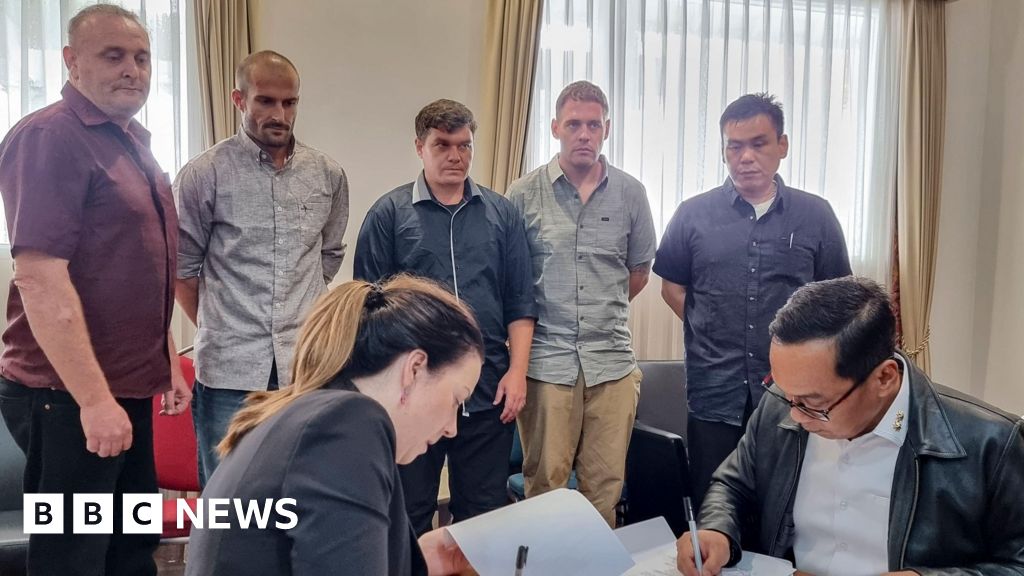
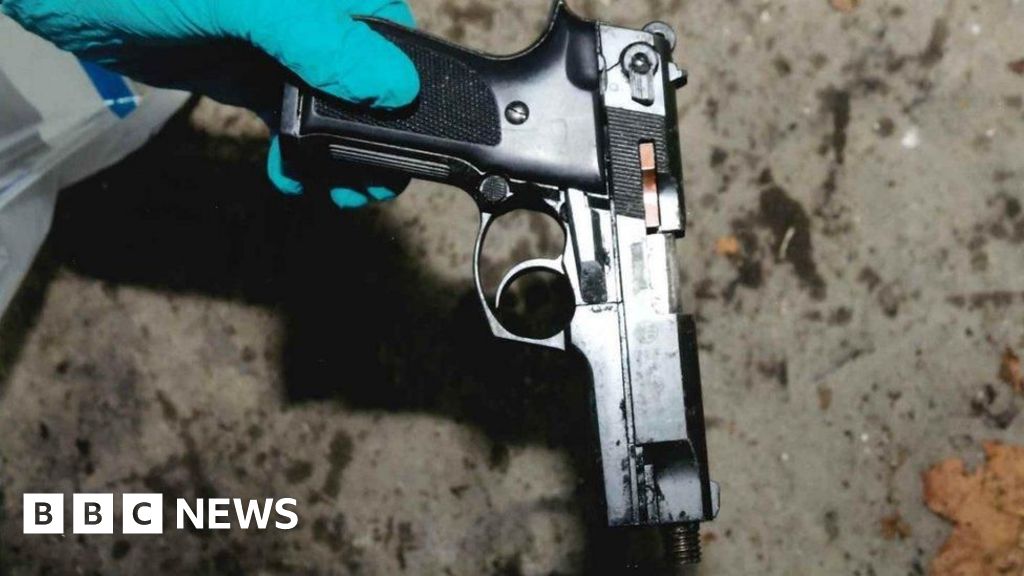

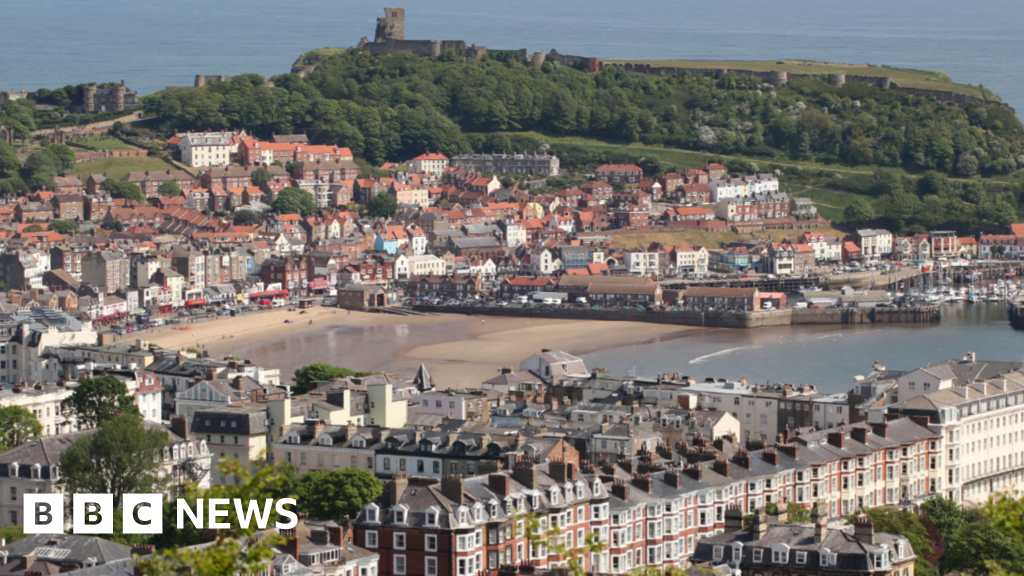
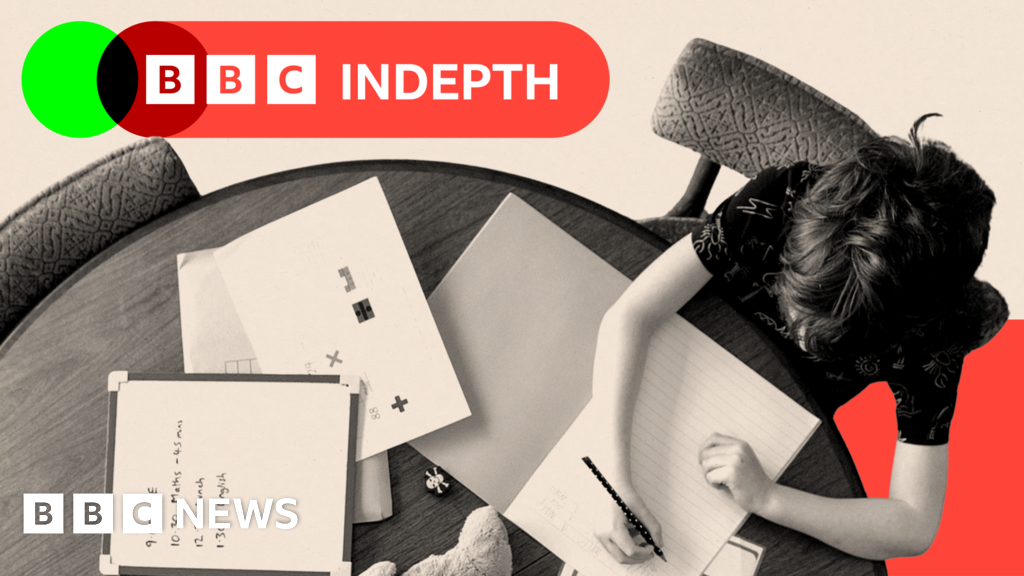
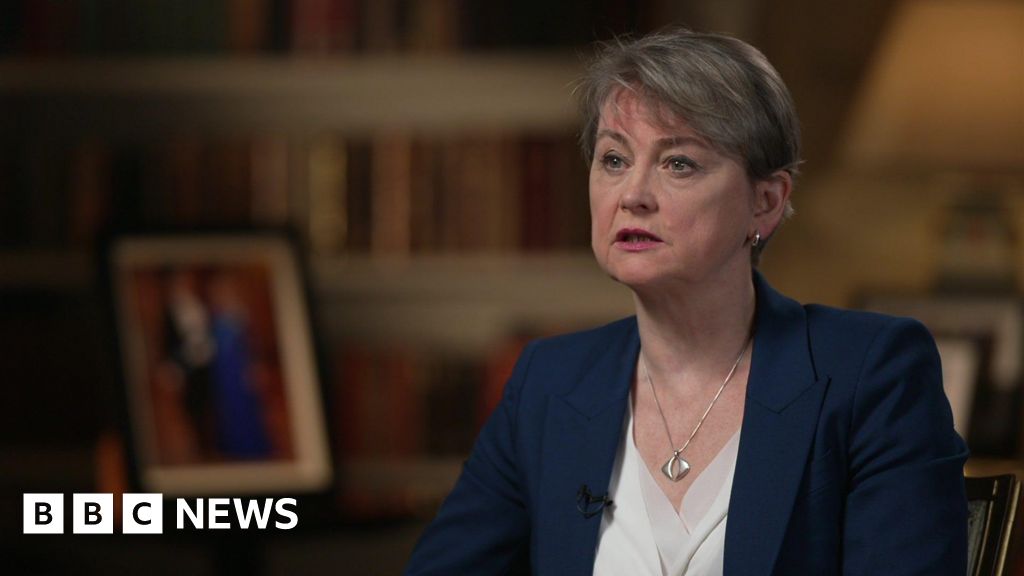

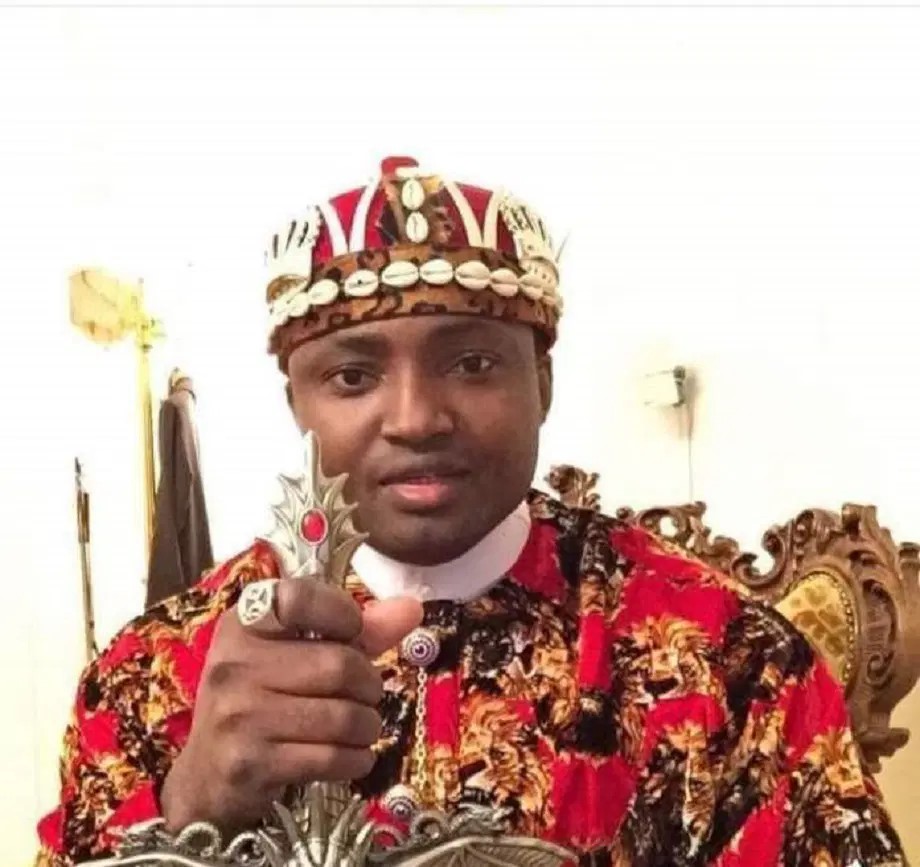



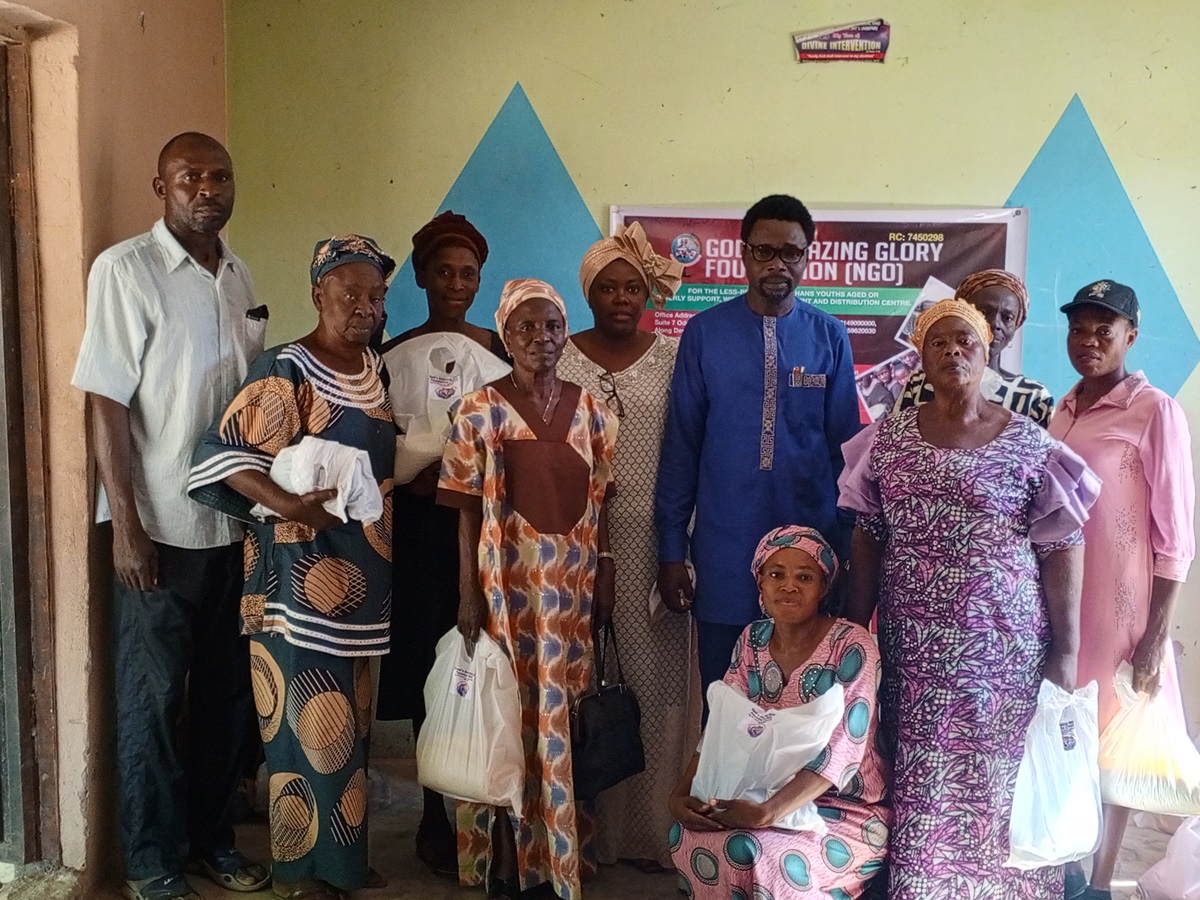


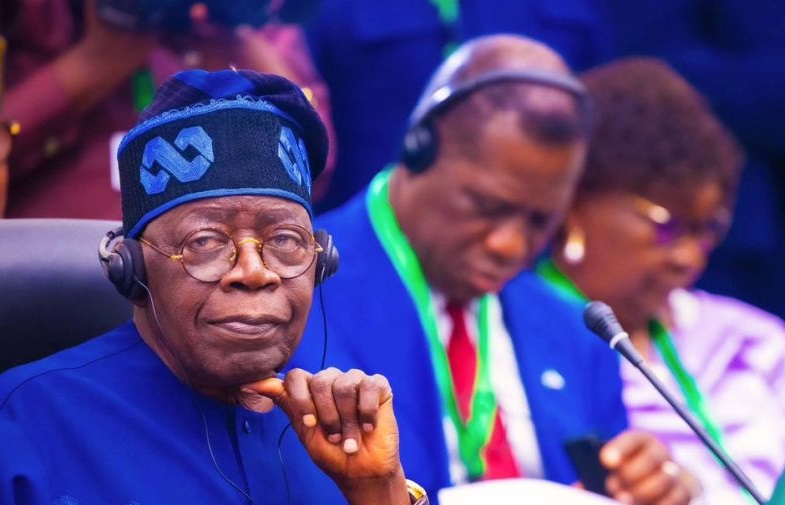
 English (US) ·
English (US) ·